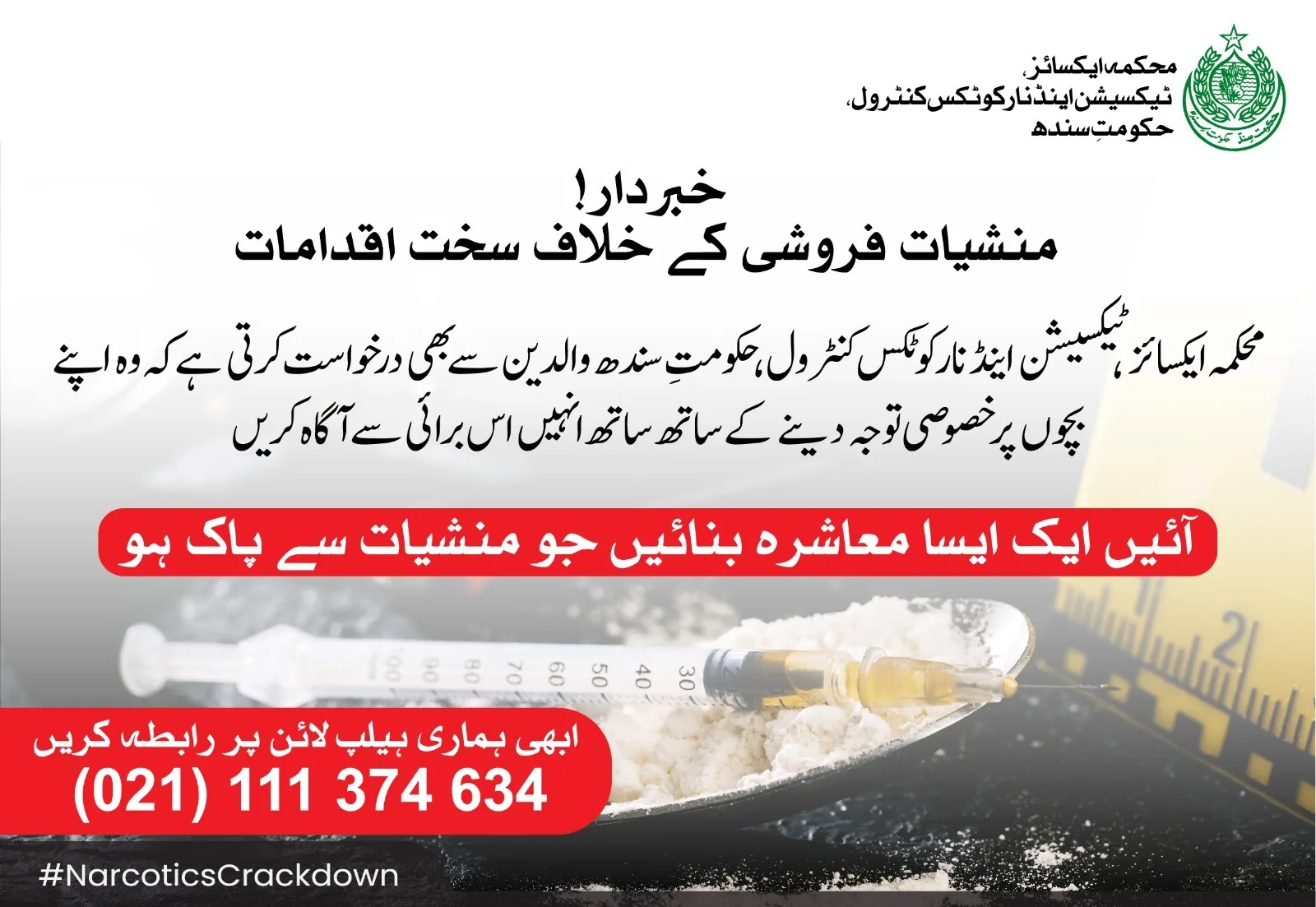
The International Monetary Fund (IMF) currently expresses satisfaction with Pakistan’s progress in achieving the set economic goals. However, this accomplishment comes at a price, as the nation implemented measures such as increased taxes on commodities, leading to a surge in inflation. The tax hike on electricity bills, coupled with rising unit costs, has had a detrimental impact.
‘In tents again’: Life comes full circle for Afghans expelled from Pakistan
Bilateral meeting between Joe Biden and Xi Jinping in San Francisco
For more such Opinions & blogs, click here
One significant factor contributing to Pakistan’s economic strain is the closure or limited functioning of industries. This issue arises not only from the aforementioned tax increases but also from the closure of Letter of Credits (LCs) due to diminishing dollar reserves. As of September 2023, reserves stood at $1316.80 million USD, dropping to $12600 million by October 2023. Consequently, consumer purchasing power has dwindled, limiting spending to essential needs.
The upcoming IMF review scheduled for March 2024 highlights three areas for potential increased taxation: retail products (potentially causing more inflation), real estate, and agricultural products. These measures are crucial for meeting IMF targets but pose challenges to an economy already grappling with adverse effects.
Fire in Chinese coal firm’s office kills 25
Death anniversary of Master Feroz Nizami observed
Number of Pakistani students in US rises by 16 percent
Examining the monetary and fiscal policies of the Pakistani government reveals a regressive stance. The Monetary Policy, centered around the State Bank’s injection of funds into the economy, and the Fiscal Policy, encompassing taxation and spending, have both taken a toll. In response to the economic situation, the caretaker government recently imposed a one-time 40% tax on bank profits derived from foreign exchange transactions over the past two years. This decision follows the revelation of a Rs 110 billion profit in 2021-2022 from speculative rupee-dollar trading.
Pakistani economist Haroon Sharif, a former Minister of State and Chairman of the Board of Investment, raised concerns in a recent tweet. He emphasized that Pakistan faces the highest interest rate in Asia and is grappling with a financing crisis, lacking affordable long-term financing for essential sectors such as new projects, housing, infrastructure, small and medium enterprises (SMEs), and exports.
Int’l Day for Tolerance being observed today
Pakistan, IMF reach staff-level agreement on First Review of economic program
Pakistan welcomes joint declaration of Joint Arab-Islamic Extraordinary Summit

In the current economic downturn, additional measures risk exacerbating the situation, acting as a clampdown. Further closures and a lack of employment opportunities will not only deepen the economic depression but also hinder tax collection efforts. As the nation stands at a critical juncture, policymakers must carefully navigate between meeting IMF requirements and safeguarding the well-being of the economy and its citizens.
For more such Opinions & blogs, click here
Israel Bombs Home Of Hamas’ Political Chief Ismail Haniyeh
Fake Doctors, Dead Patients: How A Medical Racket Unfolded In Delhi
Pakistan Embraces New Guidelines, Achieving Breakthrough in Drug-Resistant TB Treatment
World Cup Semi-Final: India Beat New Zealand To Enter Final
The writer is a lawyer, academic and political analyst. She has authored a book titled ‘A Comparative Analysis of Media & Media Laws in Pakistan.’ She can be contacted at: yasmeenali62@gmail.com and tweets at @yasmeen_9
Stay tuned to Baaghi TV for more. Download our app for the latest news, updates & interesting content!












The column rightly reflects the sick state of our economy that has been compounded over decades under sham democratic govts, that is now akin to a person fallen in the well trying desperately to get out but further digs deeper in the process.